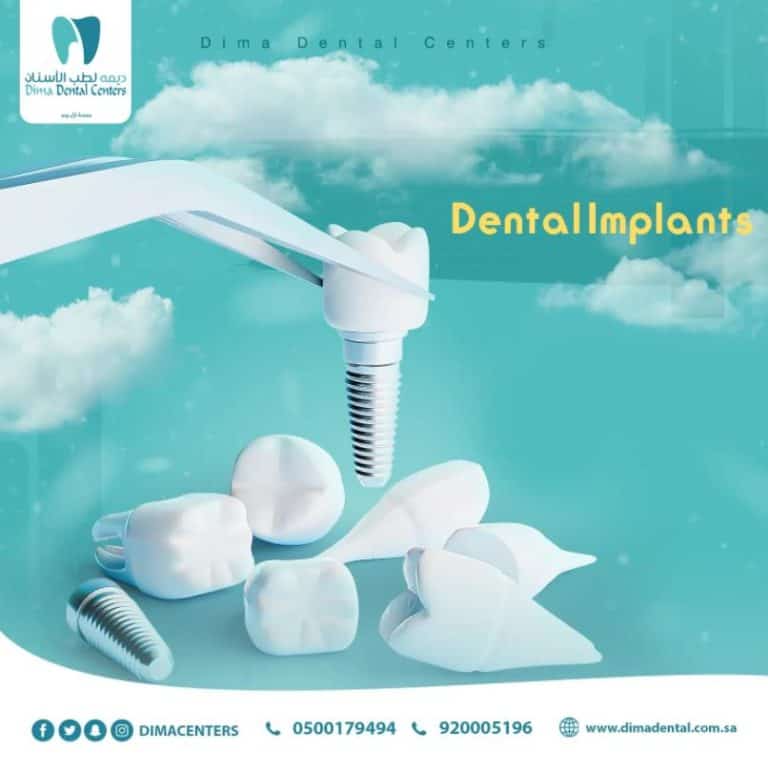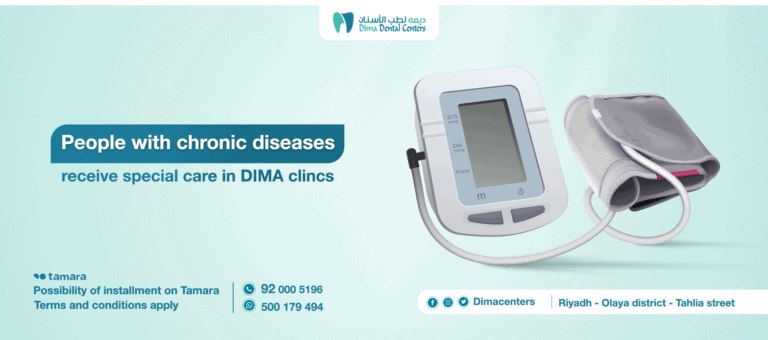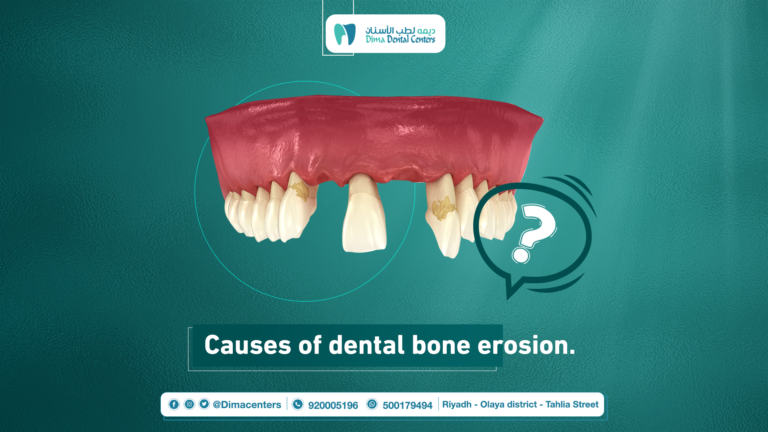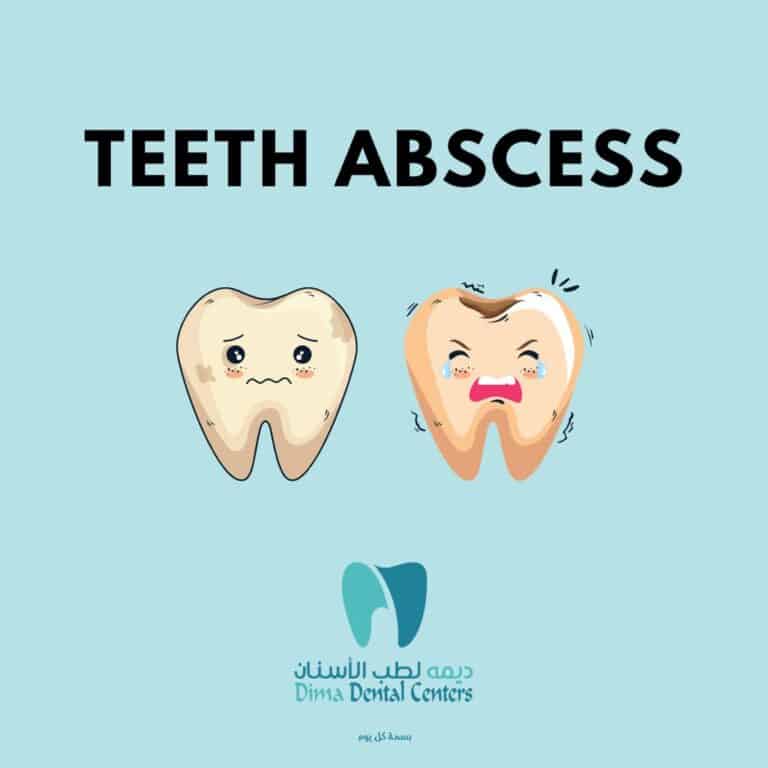How to deal with autism and Down Syndrome at the dentist
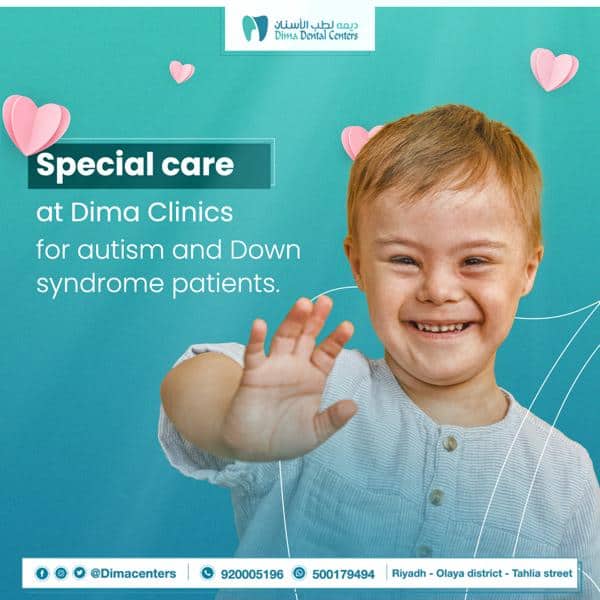
How to deal with autism and Down Syndrome at the dentist
Dental treatment in autism and Down Syndrome patients can be difficult because they are unable to articulate any dental problems they may be experiencing and exhibit a range of behaviors and reactions even minor changes.
The intellectual developmental disease known as autism is a widespread impairment in communication, social interaction, use of language, and understanding of abstract concepts. The cerebellum and limbic system of the brain are known to be abnormal in this organic condition, which manifests as a wide range of systemic and behavioral symptoms.
What is autism?
Autism is a behavioral syndrome consisting of impaired social interaction, impaired verbal and nonverbal communication skills, sensorimotor deficits (unexpected reactions to environmental stimuli), and stereotyped and restricted behaviors. Autism is a complex neurodevelopmental disorder.
Autistic patients constitute a small part of the population with disabilities and, due to their distinctive behavioral traits, require special management.
Causes of autism
There is currently no known cause for autism spectrum disorder. According to the available studies, the disease may have multiple causes, including genetics, environmental toxins, and neuropsychopathy.
Autistic behavior
Children with autism prefer soft and sweetened foods and gain profit by packing their food into their mouths rather than swallowing it whole. Food preferences, prolonged presence of food in the oral cavity, difficulty brushing and flossing due to poor motor coordination, and increased sensitivity to toothpaste flavor all contribute to an increased risk of cavities. These patients with autism’s particular focus on diet and their penchant for snack foods may be a factor in the low prevalence of dental caries.
Most of the time, gingival enlargement caused by phenytoin can delay tooth eruption. Because of their need for skills, autistic patients frequently suffered from dental damage. These patients have a higher tendency to develop specific malocclusions, such as open bite, crowding, and ambiguous palate. Negative oral behaviors were widespread, including nocturnal gnashing of teeth, tongue thrusting, lip biting, and gum breaking.
Barriers to accessing dental care
The difficulty of treating autistic patients is the following:
- The greatest difficulty in providing dental care to children with autism is their reduced ability to socialize and communicate.
- Because these patients do not like even minor changes in their environment and require continuity in their care, the dental team must be prepared for the changing and atypical responses to sensory stimuli.
- Anxiety and strange sounds can result from a variety of issues, including the inability to control their emotions, repetitive physical movements, ADHD-related hyperactivity, and a low irritability threshold.
- Visual, auditory, olfactory, gustatory (taste and feel) and tactile cues are part of the sensory sensations or problems.
- Because these patients dislike even minor changes in their environment and demand continuity in their care, the dental team must be prepared for changing and atypical reactions to sensory stimuli.
- Children with autism will have a high level of peripheral vision. Therefore, it is best to avoid lateral movements of toys while they are directly in front of the patient.
- Children with autism should have a medical home that is accessible, patient-centered, and provides consistent, comprehensive, family-centered, coordinated, empathetic, and culturally effective care.
- The goals of treating autistic patients are to improve their ability to function independently, increase their participation in society, and provide support to their parents and caregivers.
- Efforts of teachers, therapists, clinicians, and mental health professionals must be coordinated for the success of the sustainable management strategy.
Patients with Down Syndrome at dentist
Because of their tendency to be calm and well-behaved, people with Down syndrome are usually good at controlling behavior. Most of them just want a little extra time and care to feel comfortable; Some may be stubborn or rebellious. The secret to effective treatment is to gain the patient’s trust. You only need the following:
- Ask the caregiver or doctor about the methods that they have found successful in controlling the patient’s behavior.
- Discover what inspires the patient and discuss your ideas with him/her.
- It is possible that all it takes to ensure cooperation is a new toothbrush at the conclusion of each session.
- If possible, make an appointment for Down syndrome patients during the morning hours.
- Making early appointments can ensure that everyone is awake, focused, and has less waiting.
- By integrating the entire dental team – from the welcoming attitude of the receptionist to the affectionate behavior of the dental assistant in surgery – you can create the conditions for a successful visit.
- Ensure dental care is provided in a place free from distraction.
- No strange sights, noises, or other stimuli that could make it difficult for the patient to cooperate.
- However, many people with Down syndrome love music and can find it soothing to listen to while receiving dental care.
- The examination is gradual, starting with the patient sitting in the dentist’s chair.
- Dental radiography is the next procedure, and after that comes preventive treatment.
- It can take several visits to complete these tasks.
- Try to maintain consistency in all aspects of oral health care delivery.
Methods of dealing with patients with autism and Down Syndrome at the dentist
The most important points that must be met with autism and Down Syndrome at the dentist are the following:
- Meetings are important for both parents and the dental team as they help families prepare for their first dental appointment.
- The previous meeting will help parents prepare the child for dental care, and any concerns about the child’s behavior should be raised and resolved.
- Parents should be aware that the dental team’s support has not changed even when their child is going through a difficult moment.
- Ensuring the trust of parents or caregivers is essential to gain their cooperation, which will greatly facilitate the data collection process.
- The dentist must be aware of the child’s medical concerns and be prepared for any concurrent physical and medical conditions.
- Dentists must educate parents and do their best to provide children with quality care without causing harm.
Dental clinic
Patients will greatly benefit from the assistance of the receptionist at the front desk. The entire team must be compassionate, understanding, and knowledgeable about how to communicate with these patients to schedule a dentist appointment with a child with autism to be successful.
Distracting stimuli, including sound, light and taste in the environment, can potentially cause emotional distress in patients. By meticulously modifying the dental clinic environment, in a dental context, the experimental addition of re-lighting settings, rhythmic music, and deep pressure reduced unfavorable patient reactions and increased active participation in oral preventive procedures. It may also be possible to treat the patient in a quiet, secure, dark room with little decoration.
First appointment
The first interview with autistic and Down Syndrome is important because of the following:
- The purpose of the first interview is to build a relationship and build trust.
- Because the attention span of these patients is very short, appointments should be short and well planned, and the waiting period should not last more than 10 to 15 minutes.
- A routine should be formed by keeping track of dates, hours, and staff for each dental appointment in order to accommodate the autistic person’s tendency to be symmetrical and unwilling to change.
- It is best to refrain from discussing any method of actual work while it is being done.
- Since it is easy to distract a child with autism, all participants should do so.
- Usually, the dental assistant or oral hygienist makes eye contact with the patient first.
- Helpers should always be able to identify the causes of abnormal reactions.
How to deal with Down Syndrome patients at the dentist
Down syndrome is a common genetic disease that can fluctuate in severity and is often accompanied by health problems. For example, individuals with this developmental condition may have hypotonia, infectious infections, heart problems, or hearing loss. In addition, the majority of people with this disease have mild to moderate intellectual disability, with only a small number having severe impairment. Delays in development, such as those that occur in speech and language, are frequent.
The skills you use every day must be modified in order to provide dental care for people with Down syndrome. In fact, general practitioners can successfully treat the majority of patients with mild to moderate cases of Down syndrome. You can positively impact the lives of those who need professional dental care using the information in this brochure.


